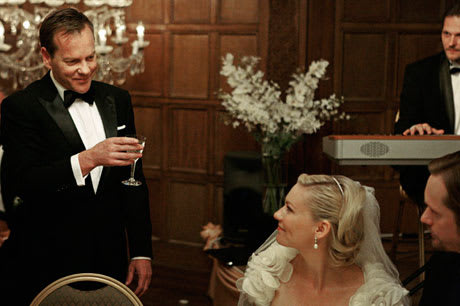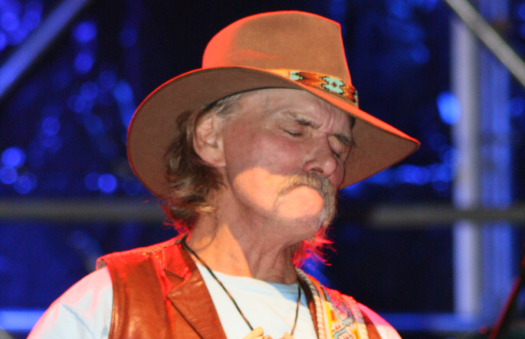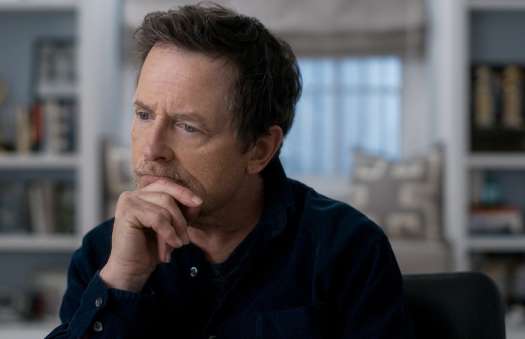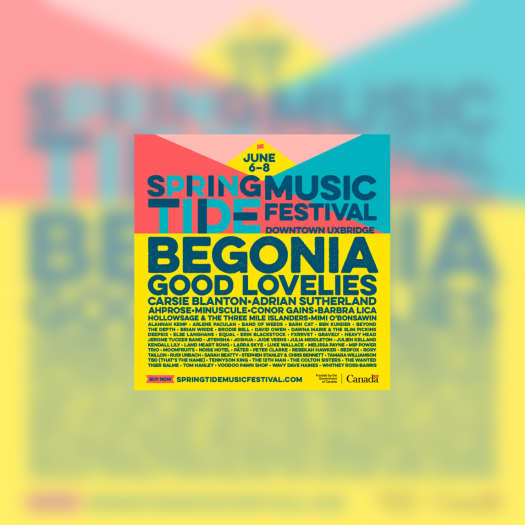It's quite unfortunate that the humourless dilettantes at Cannes decided to enforce their solipsized sense of morality and rigid social expectations on the notably misanthropic and neurotic Lars von Trier when they did, since his cinematic response to the glib statement, "Cheer up, it's not the end of the world" is a work of singular, focused beauty. Had the controversy not loomed over Melancholia while it made the festival rounds, later making a minor theatrical appearance in a limited capacity, it could have made more of a splash in an awards and prestige capacity. As it stands, this surprisingly subdued work of sly juxtaposition holds a place only with those that appreciate it on individual artistic merit rather than the marketing and PR surrounding it. Smartly, the Blu-Ray supplements about the movie focus on the gorgeous cinematography and visual effects, limiting interviews to important aspects like subtext and the nature of melancholy, as represented by the despondent Justine (Kirsten Dunst) on her lavish wedding day, and the later revelation of a planet destined to collide with Earth and end life as we know it. The segment is edited together quite smartly, mixing Dunst's insights into her character with Charlotte Gainsbourg's observations about Justine being more prepared to handle the end of the world and death than her anxious character, Claire, whose inability to avoid or ignore this particular problem forces her to confront annihilation. How the more comic first half of the film, wherein Justine wanders listlessly through her dysfunctional and inflated wedding, relates to the second half, where an apocalyptic event looms, is left partially to the viewer to analyze and interpret. This way, folks that take that presumably sarcastic tagline, "Enjoy it while it lasts," literally, can go about their merry way, dismissing both the pain and necessity of depression ignorantly. But regardless of interpretation, it's hard to deny the aesthetic and symbolic beauty of this deeply personal film. It would also be hard to deny that both Gainsbourg and Dunst inhabit anxiety and depression with such conviction and intensity that it borders on discomforting. Lars von Trier has again challenged dominant social assertions and beliefs with astounding acuity and vitality, which, unfortunately, isn't trendy in a modern environment of status quo reiteration.
(eOne)Melancholia [Blu-ray]
Lars von Trier

BY Robert BellPublished Mar 20, 2012



